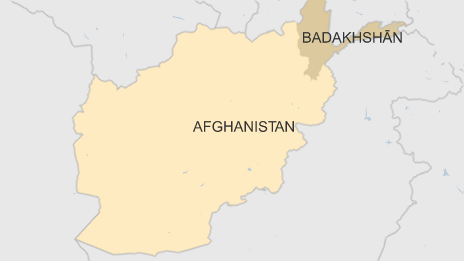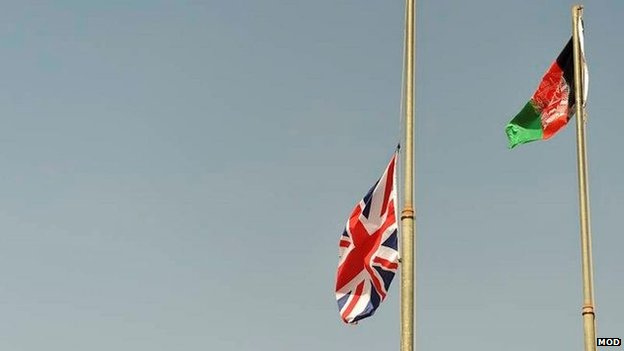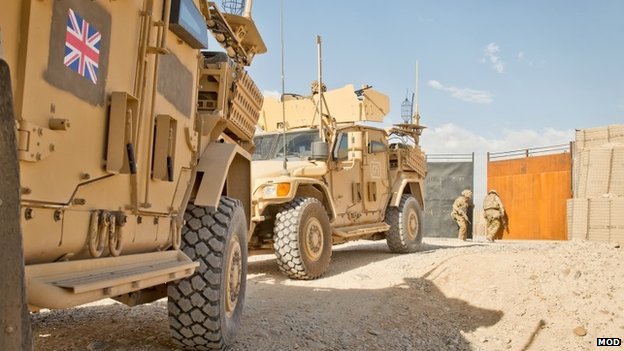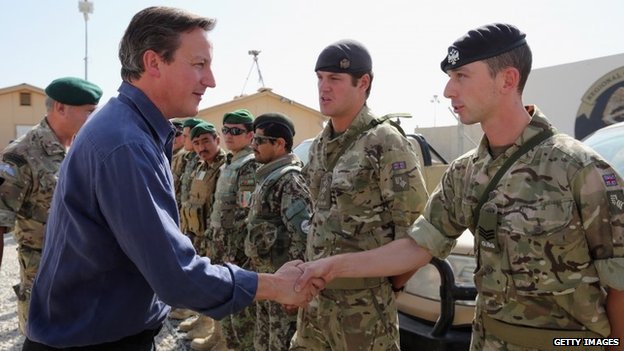nangyale
SENIOR MEMBER

- Joined
- May 31, 2010
- Messages
- 2,251
- Reaction score
- 2
- Country
- Location
Last international forces airlifted from key base in Afghanistan
By Kay Johnson
KANDAHAR AIR FIELD Afghanistan Mon Oct 27, 2014 7:46am EDT
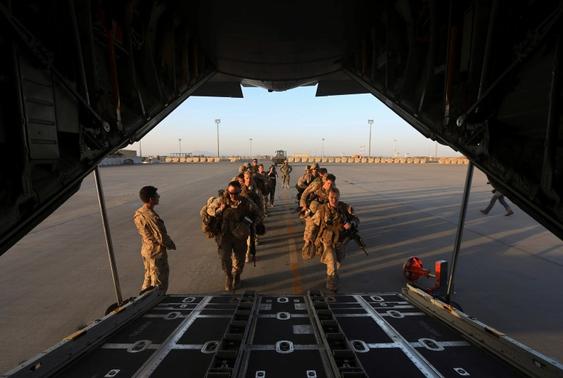

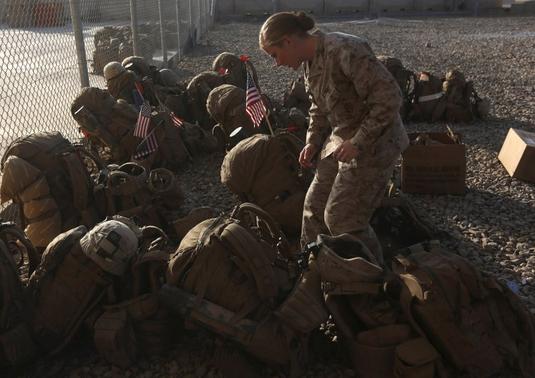
1 of 6. U.S. Marines prepare to board a plane at the end of operations for U.S. Marines and British combat troops in Helmand October 26, 2014.
Credit: Reuters/Omar Sobhani
(Reuters) - A fleet of planes and helicopters airlifted the last U.S. and British forces from a key southern province in Afghanistan on Monday, a day after the international coalition closed a massive base and handed it over to the Afghan military.
The troops' withdrawal and base closure in the province of Helmand was one of the largest operations in the winding down of the international combat mission in Afghanistan, 13 years after the toppling of the radical, Islamist Taliban regime.
The NATO-led international force is shifting to a reduced role of support as Afghanistan's newly trained army and police take over the fight against a resurgent Taliban.
Casualties among both civilians and Afghan security forces are near all-time highs this year, with hundreds killed and wounded each month in the conflict.
The withdrawal of the remaining U.S. and British troops from the combined base of Camp Leatherneck and Camp Bastion was carried out over 24 hours of near-continuous flights back and forth between Helmand and Kandahar Air Field, the aviation hub for southern Afghanistan.
For the U.S. Marines and British forces leaving Helmand, the airlift was the first stop on the way home – all of them will be flown out of Afghanistan by the end of the year, and some within days.
"It’s been a long time away – I’m looking forward to getting back to normal life ... kiss the wife and kiss the kids," said Major Raymond Mitchell, a Marine from Rocky Mountain, North Carolina, who deployed to Afghanistan in January.
Mitchell walked off a C-130 military aircraft that flew him to Kandahar wearing full body armour with a rifle slung over his shoulders – and carrying a BeautyRest pillow in a zippered plastic casing.
"It’s a bit of home. It relieves the stress," he said with a grin. "I brought it out here, and now I’m going to take it back."
The Marine Expeditionary Force-Afghanistan is the last Marines unit in the country, while the British forces at Helmand were the Britain's final combat troops.
Helmand was a major focus of a 2010 troops surge to wrest control back from the Taliban. At its height, the coalition force had some 140,000 military personnel from nearly 50 nations.
Camp Bastion and Camp Leatherneck alone once had some 40,000 military personnel and civilian contractors as the regional headquarters for the U.S.-led international military coalition.
By Jan. 1, there will be only 12,500 foreign forces in the country – 9,800 of them Americans – to advise and train the Afghan security forces that have been built up almost from scratch in recent years.
(Editing by Maria Golovnina, Robert Birsel)
By Kay Johnson
KANDAHAR AIR FIELD Afghanistan Mon Oct 27, 2014 7:46am EDT
1 of 6. U.S. Marines prepare to board a plane at the end of operations for U.S. Marines and British combat troops in Helmand October 26, 2014.
Credit: Reuters/Omar Sobhani
(Reuters) - A fleet of planes and helicopters airlifted the last U.S. and British forces from a key southern province in Afghanistan on Monday, a day after the international coalition closed a massive base and handed it over to the Afghan military.
The troops' withdrawal and base closure in the province of Helmand was one of the largest operations in the winding down of the international combat mission in Afghanistan, 13 years after the toppling of the radical, Islamist Taliban regime.
The NATO-led international force is shifting to a reduced role of support as Afghanistan's newly trained army and police take over the fight against a resurgent Taliban.
Casualties among both civilians and Afghan security forces are near all-time highs this year, with hundreds killed and wounded each month in the conflict.
The withdrawal of the remaining U.S. and British troops from the combined base of Camp Leatherneck and Camp Bastion was carried out over 24 hours of near-continuous flights back and forth between Helmand and Kandahar Air Field, the aviation hub for southern Afghanistan.
For the U.S. Marines and British forces leaving Helmand, the airlift was the first stop on the way home – all of them will be flown out of Afghanistan by the end of the year, and some within days.
"It’s been a long time away – I’m looking forward to getting back to normal life ... kiss the wife and kiss the kids," said Major Raymond Mitchell, a Marine from Rocky Mountain, North Carolina, who deployed to Afghanistan in January.
Mitchell walked off a C-130 military aircraft that flew him to Kandahar wearing full body armour with a rifle slung over his shoulders – and carrying a BeautyRest pillow in a zippered plastic casing.
"It’s a bit of home. It relieves the stress," he said with a grin. "I brought it out here, and now I’m going to take it back."
The Marine Expeditionary Force-Afghanistan is the last Marines unit in the country, while the British forces at Helmand were the Britain's final combat troops.
Helmand was a major focus of a 2010 troops surge to wrest control back from the Taliban. At its height, the coalition force had some 140,000 military personnel from nearly 50 nations.
Camp Bastion and Camp Leatherneck alone once had some 40,000 military personnel and civilian contractors as the regional headquarters for the U.S.-led international military coalition.
By Jan. 1, there will be only 12,500 foreign forces in the country – 9,800 of them Americans – to advise and train the Afghan security forces that have been built up almost from scratch in recent years.
(Editing by Maria Golovnina, Robert Birsel)

